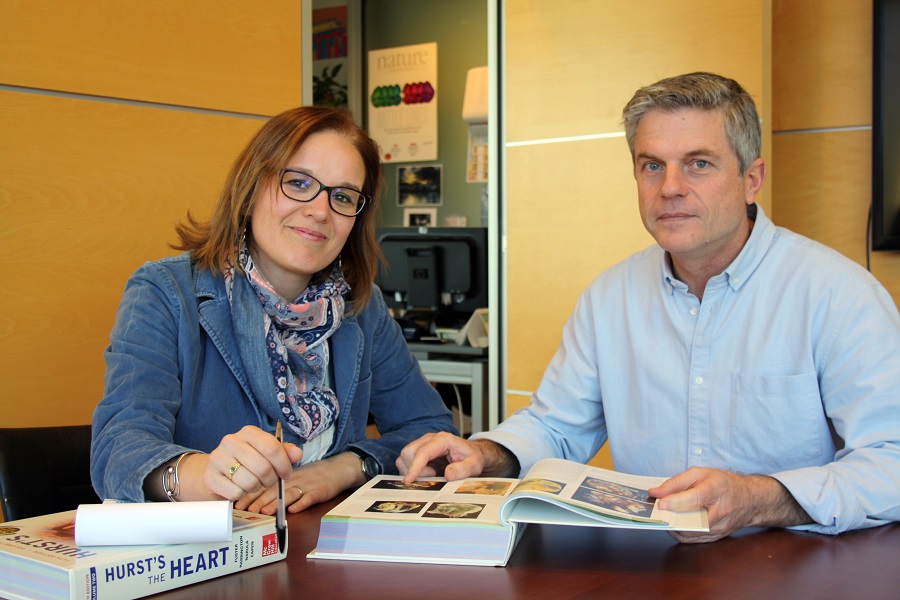CNIC, first Spanish center to coordinate a project from the Leducq Foundation
The project has been set up to examine how and why the capacity to develop new cardiac cells and repair the heart after an acute injury is lost with growth
For the first time a project co-coordinated by a Spanish center, the CNIC, has been selected by the Leducq Foundation to receive $6,000,000 of funding during five years. The “Redox Regulation of Cardiomyocyte Renewal” project, coordinated by Dr. Miguel Torres, of the Carlos III National Center for Cardiovascular Research (CNIC), and Dr. Hesham A. Sadek, of the University of Texas Southwestern-Dallas Medical Center , (USA), is one of the five projects selected by the Transatlantic Network of Excellence Program of this prestigious foundation.
Specifically, the “Redox Regulation of Cardiomyocyte Renewal” project will receive global funding of $6,000,000, $800,000 of which corresponds to the CNIC. It will start on January 1st, 2018 and on the 28th and 29thof that same month, the launch meeting will also take place.
About the Project
In the event of a heart injury, animals such as fish or amphibians are able to regenerate the heart muscle, producing new cells from the undamaged heart cells. However, adult mammals, including humans, lack this regenerative capacity and, in the event of a heart injury, develop heart failure. However, it has recently been shown that newborn mammals do have the ability to develop new cardiac cells and repair the heart after an acute injury, although they lose it soon after birth. The “Redox Regulation of Cardiomyocyte Renewal” project has been set up to examine how and why this capacity is lost with growth and if it can be reactivated in adult hearts to promote their repair after an injury.
“Redox Regulation of Cardiomyocyte Renewal” will receive global funding of $6,000,000, $800,000 of which correspond to the CNIC
Specifically, the researchers will focus on the study of changes in the environmental conditions of the newborn's heart and how these lead to the loss of the regenerative capacity of the heart shortly after birth. They believe that these signals arise from a change in the chemical environment of the heart, as a result of metabolic changes in the newborn. The passage from placental oxygenation to autonomous oxygenation after birth, implies an increase in the level of oxygen that provokes oxidative changes in the heart that are essential in the studied process. The project will also explore the use of such knowledge created to improve heart function in patients with heart failure.











